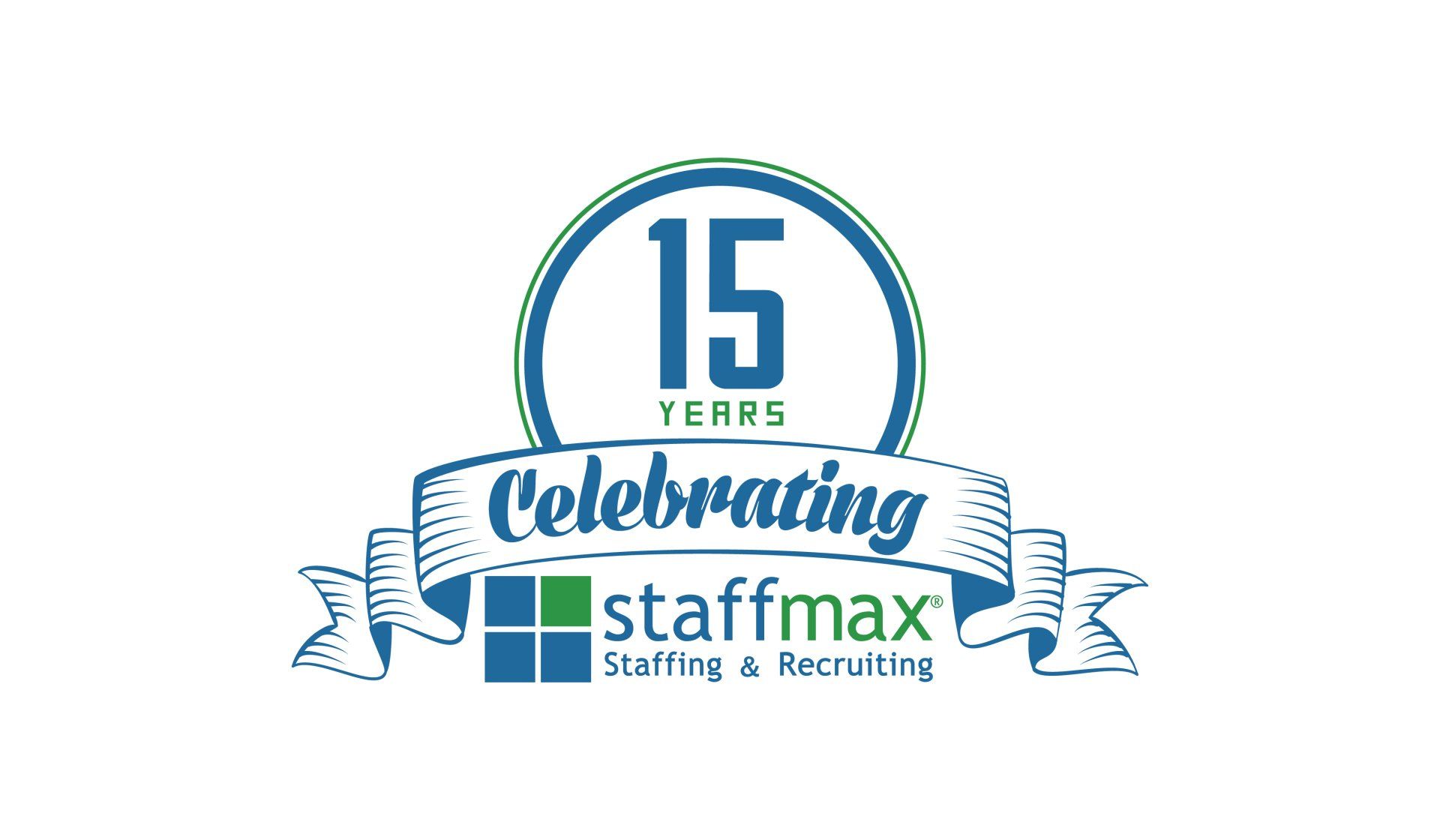As the boss, what you say goes. But first consider these important legal and interpersonal issues.
By Suzanne Lucas for INC.

Let's be clear. This column is about a return to the office but not return to work. Confusing the two is the first thing bosses should not do when talking with employees about plans to switch back to in-person work after a year of remote work. Somehow, many people think that working from home is not working, and therefore, it's just been a lovely 18 months of sitting at home, watching Netflix.
Your employees have been working very hard, so make sure you talk about it as a return to the office and not a return to work. Of course, if you laid people off and are now offering them their old jobs back, that language is fine. But not for the work-at-home crowd.
Here are four other things not to say:
1. If you aren't in the office, we'll change your status to contractor.
Washingtonian CEO Cathy Merrill said she felt like people who work from home should probably be considered contractors because they weren't dedicated to the business. Not only does this demonstrate a complete lack of understanding of labor law, but it's also demoralizing for your employees.
Contractor versus employee status isn't determined by your location (home or office) but by a complex set of regulations. If your employees aren't thrilled about being in the office, threats are not the way to go.
2. Everybody has to be in the office. No exceptions.
Managers, CEOs, and others in leadership roles indeed get to determine whether people work remotely or in the office. But never say never. Depending on someone's role and health conditions, working at home may be considered a "reasonable accommodation" under the Americans With Disabilities Act.
Before the pandemic shut them down, businesses could often argue that physical presence was a core function of the job, but you'll be hard-pressed now to find a jury who will agree with you. If someone who has successfully worked from home for the past year now asks for an accommodation under ADA and you say no, you'll probably lose in court.
3. Engaged employees want to be in the office.
WeWork CEO Sandeep Mathrani claimed that engaged people are in the office and disengaged people want to work from home. There may be some truth overall to groups, but you cannot assume that about any individual in your office.
Some people are highly engaged remote workers and perform at a higher level at home than in the office. Some people love being in an office and find it difficult to concentrate at home. Deal with employees on an individual and true-needs basis.
4. The pandemic is over. I don't know why you're so scared to come in.
A recent Gallup survey found that nearly one in three Americans think the pandemic is over. Some people are fully vaccinated and are ready to throw the mask away and return to normal life. Some people won't get within 10 feet of the vaccine and are ready to throw the mask away and return to normal life. And some people are fully vaccinated and still don't feel comfortable being in public. Some people have rational reasons to be concerned about Covid-19, and some people have irrational reasons for their continued fear.
Regardless, as the boss, telling people they are stupid for their feelings won't help matters. You can assure your employees that you follow all CDC guidelines and they are welcome to stay masked even if vaccinated. If their concerns are due to medical conditions, let them know that you'll be happy to go through the interactive process required by the Americans With Disabilities Act.
If you can't come to a reasonable agreement that works for everyone, your employees are free to move on, but you absolutely should try to come to a solution. Don't lecture an employee about their concerns.
And do remember that most employees want a hybrid situation--where they can work in the office sometimes and at home sometimes. If you want to save yourself from the "Great Resignation," you should probably look to a hybrid model.
Whatever you choose for your business, be careful to present it in a way that supports your employees.
Suzanne Lucas is a freelance writer who spent 10 years in corporate human resources, where she hired, fired, managed the numbers, and double-checked with the lawyers.













